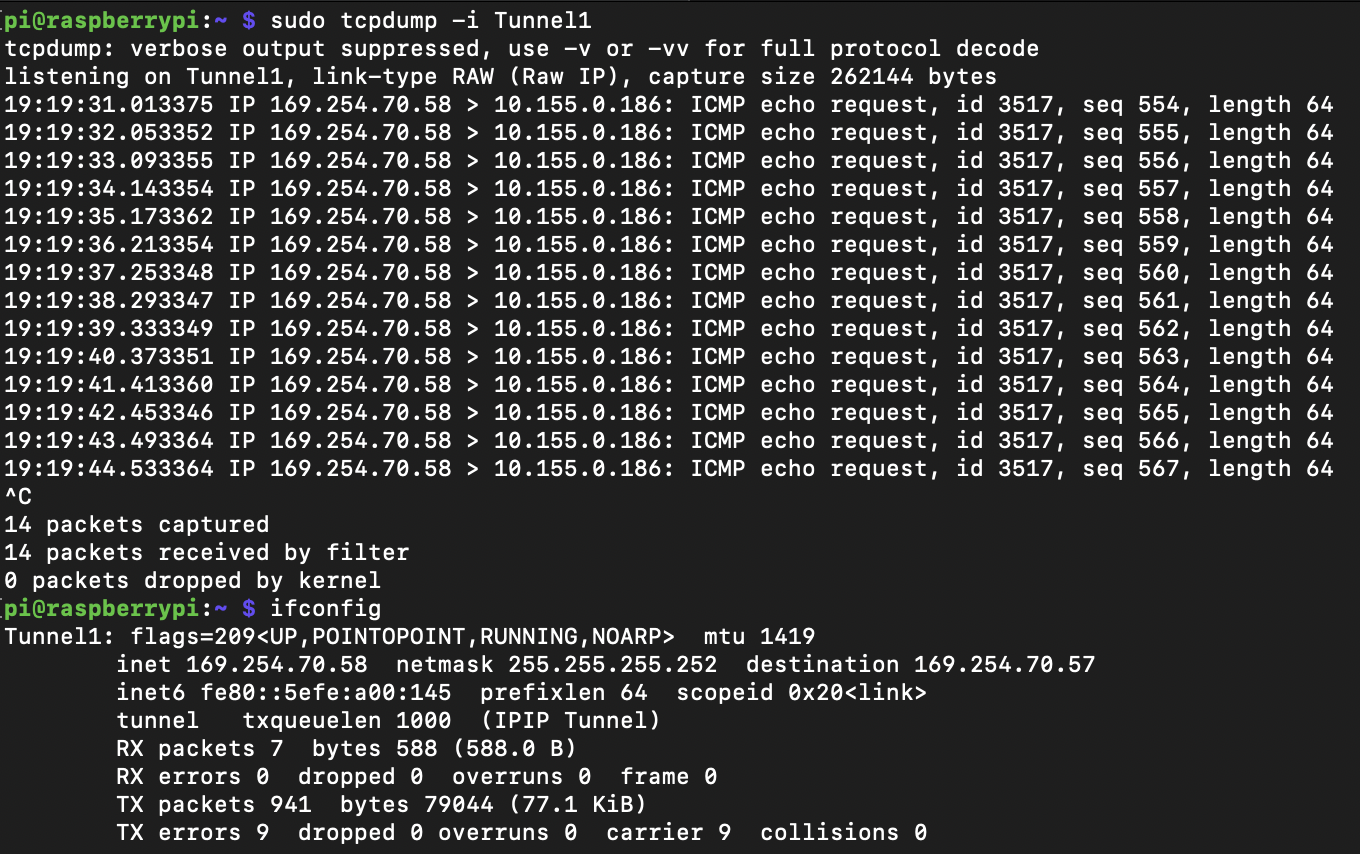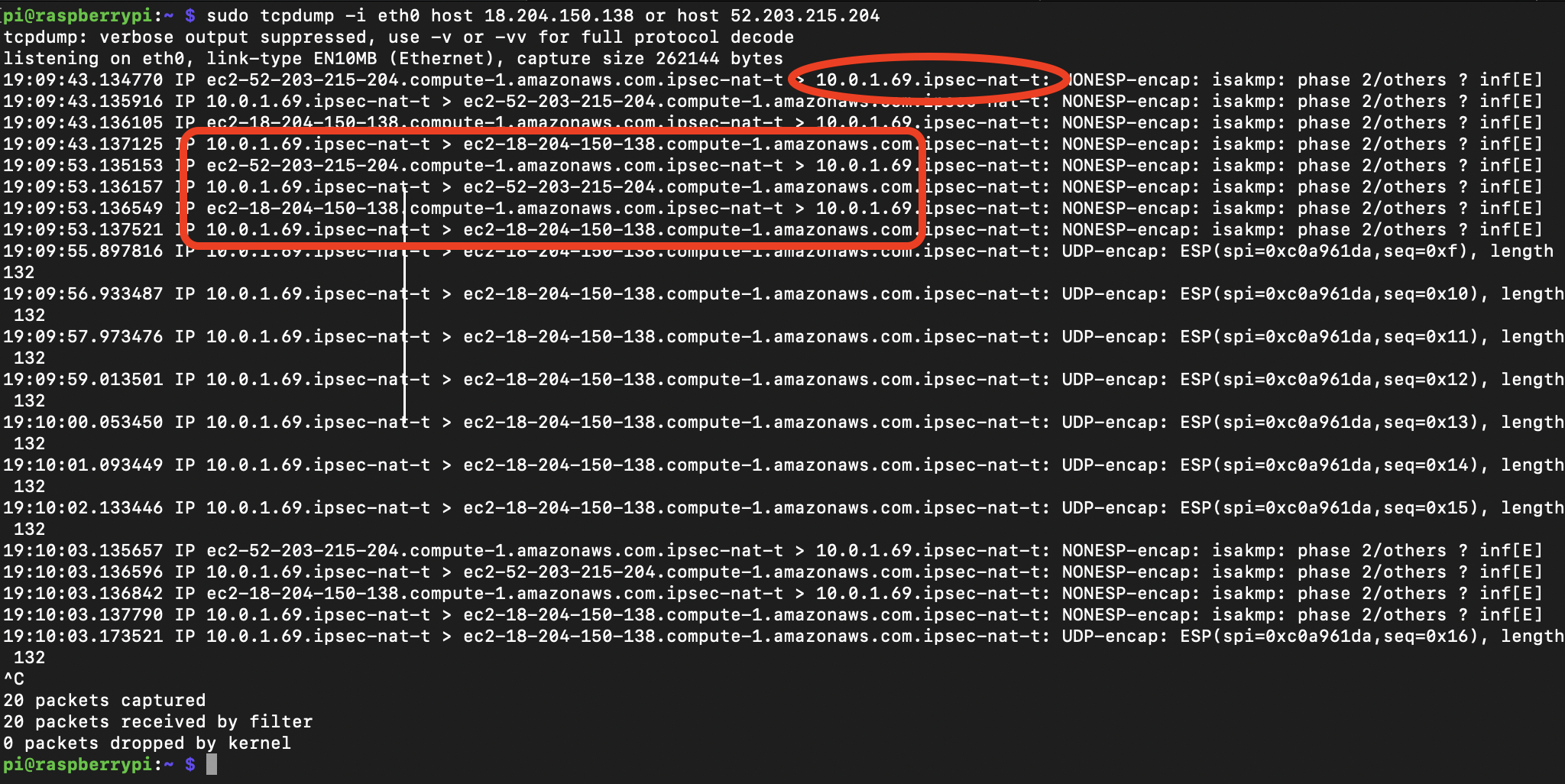Securely Connect Remote IoT VPC Raspberry Pi AWS Download Windows: A Comprehensive Guide
In today's digital age, securely connecting remote IoT devices through a Virtual Private Cloud (VPC) using Raspberry Pi and AWS has become a necessity for businesses and tech enthusiasts alike. With increasing reliance on cloud-based solutions, ensuring secure communication and data transfer is critical to protecting sensitive information. This guide aims to provide a detailed roadmap for setting up and maintaining secure connections for IoT devices using AWS and Raspberry Pi, along with the ability to download configurations on Windows.
As more devices become interconnected, the need for robust security measures grows exponentially. By leveraging Amazon Web Services (AWS), users can create a secure environment for IoT devices, ensuring that data is transmitted safely and efficiently. This article will walk you through the process of setting up a VPC, configuring Raspberry Pi, and downloading necessary configurations on Windows.
Whether you're a beginner or an experienced developer, this guide will equip you with the knowledge and tools to securely connect remote IoT devices. Let's dive into the specifics of how to achieve this seamlessly and efficiently.
Read also:Remote Iot Monitoring With Ssh On Raspberry Pi For Free
Table of Contents
- Introduction
- Overview of IoT and Its Importance
- Understanding AWS VPC
- Raspberry Pi: The Backbone of IoT Projects
- Steps to Securely Connect IoT Devices
- Downloading Configurations on Windows
- Best Practices for IoT Security
- Common Issues and Troubleshooting
- Case Studies and Real-World Applications
- Future Trends in IoT Security
- Conclusion
Introduction
The Internet of Things (IoT) has revolutionized the way we interact with technology. From smart homes to industrial automation, IoT devices are becoming increasingly prevalent. However, with this proliferation comes the challenge of ensuring secure communication between devices, especially when they are connected remotely. This is where AWS VPC and Raspberry Pi come into play, offering a powerful combination for creating secure and scalable IoT environments.
Overview of IoT and Its Importance
What is IoT?
The Internet of Things refers to the network of physical objects embedded with sensors, software, and connectivity, enabling them to exchange data with other devices and systems over the internet. IoT devices range from simple sensors to complex industrial machines, all designed to enhance efficiency and automation.
Why Is IoT Important?
IoT plays a crucial role in modern technology by enabling real-time data collection and analysis. This capability is essential for industries such as healthcare, manufacturing, and transportation, where timely insights can lead to significant improvements in operations and decision-making.
Understanding AWS VPC
What is AWS VPC?
Amazon Web Services (AWS) Virtual Private Cloud (VPC) is a service that allows users to launch AWS resources into a virtual network. This network is logically isolated from other networks in the AWS cloud, providing enhanced security and control over your resources.
Benefits of Using AWS VPC
- Enhanced security through network isolation.
- Flexible network configuration options.
- Improved performance and scalability.
Raspberry Pi: The Backbone of IoT Projects
What is Raspberry Pi?
Raspberry Pi is a small, affordable computer that can be used for a variety of projects, including IoT applications. Its versatility and ease of use make it an ideal choice for developers looking to build connected devices.
Key Features of Raspberry Pi
- Low power consumption.
- Compatibility with a wide range of sensors and peripherals.
- Open-source software support.
Steps to Securely Connect IoT Devices
Setting Up AWS VPC
To securely connect IoT devices, the first step is to set up an AWS VPC. This involves creating a virtual network that will host your IoT devices and ensuring that all communication is encrypted and authenticated.
Read also:Unlocking The Power Of Remoteiot Vpc Your Ultimate Guide
Configuring Raspberry Pi
Once the VPC is set up, the next step is to configure Raspberry Pi to connect to the AWS environment. This includes installing necessary software, setting up security credentials, and configuring network settings.
Downloading Configurations on Windows
Steps to Download IoT Configurations
Downloading IoT configurations on Windows involves several steps, including installing the AWS CLI, setting up access keys, and using command-line tools to retrieve configuration files. This process ensures that your devices are properly configured and ready to connect securely.
Tips for Efficient Downloads
- Use a stable internet connection for faster downloads.
- Store configuration files in a secure location to prevent unauthorized access.
Best Practices for IoT Security
Encrypting Data in Transit
One of the most important best practices for IoT security is encrypting data in transit. This ensures that even if data is intercepted, it cannot be read without the proper decryption keys.
Regularly Updating Firmware
Regularly updating firmware is crucial to maintaining the security of IoT devices. Manufacturers frequently release updates that address known vulnerabilities and improve overall performance.
Common Issues and Troubleshooting
Connection Issues
Connection issues are a common problem when setting up IoT devices. These can often be resolved by checking network settings, ensuring proper authentication, and verifying that all necessary software is installed.
Security Alerts
Security alerts should be taken seriously and investigated promptly. This may involve reviewing logs, updating security policies, and implementing additional safeguards to prevent future incidents.
Case Studies and Real-World Applications
Smart Home Automation
Smart home automation is one of the most popular applications of IoT technology. By securely connecting devices such as thermostats, lighting systems, and security cameras, homeowners can enjoy enhanced convenience and energy efficiency.
Industrial IoT
In the industrial sector, IoT is used to monitor and control equipment, optimize production processes, and improve supply chain management. Secure connections are essential to ensuring that these systems operate reliably and efficiently.
Future Trends in IoT Security
Artificial Intelligence and Machine Learning
Artificial intelligence and machine learning are expected to play a significant role in the future of IoT security. These technologies can help detect anomalies, predict potential threats, and automate responses to security incidents.
Blockchain Technology
Blockchain technology offers a promising solution for enhancing IoT security by providing a decentralized and tamper-proof method for storing and verifying data. As this technology continues to evolve, it could become a key component of secure IoT ecosystems.
Conclusion
In conclusion, securely connecting remote IoT devices through a VPC using Raspberry Pi and AWS is a critical step in ensuring the safety and reliability of your IoT environment. By following the steps outlined in this guide and adhering to best practices, you can create a robust and secure system that meets the needs of your organization.
We invite you to share your thoughts and experiences in the comments section below. Additionally, feel free to explore other articles on our site for more insights into IoT and related technologies. Together, we can build a safer and more connected world.
Data and statistics referenced in this article are sourced from reputable organizations such as AWS, Raspberry Pi Foundation, and Statista.

